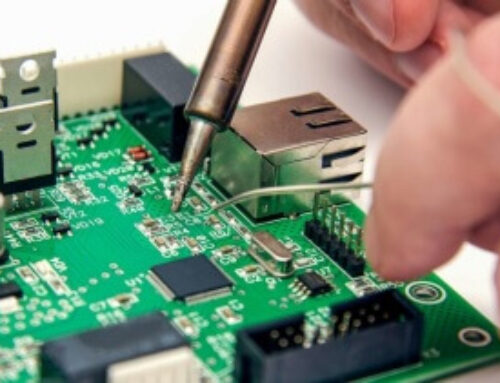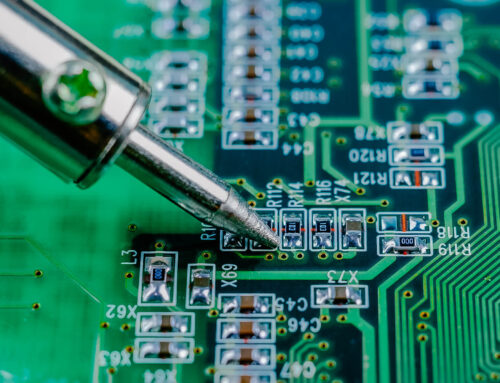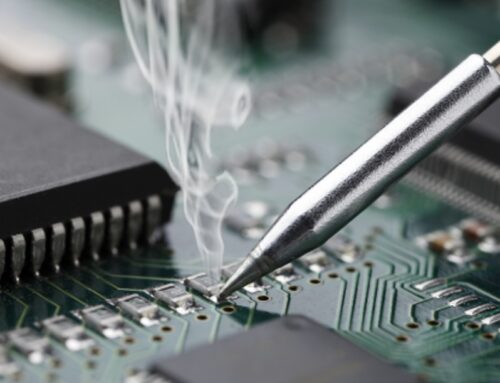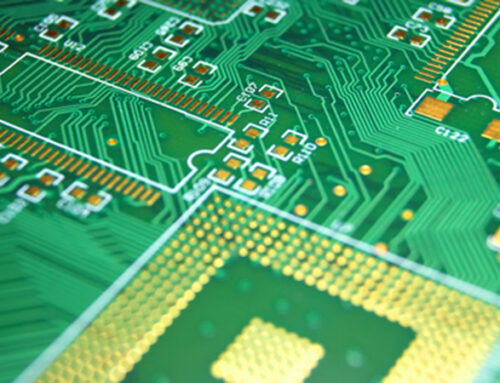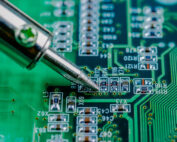What Are the Differences Between ERP and MES?
This article compares the roles of ERP and MES systems in enterprises in terms of functions, scope, data types, and target audiences.
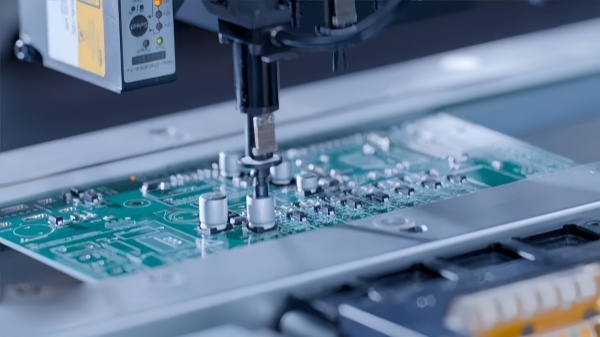
ERP and MES: What’s the Difference?
ERP (Enterprise Resource Planning), and MES (Manufacturing Execution System), are both enterprise
information systems. However, they have different focuses.
The ERP system is primarily focused on managing the resources of an enterprise, such as
finance, human resource, supply chain, production, etc.
By integrating business processes, the ERP system can improve the operational efficiency of a company
and its decision-making capabilities.
The MES System is primarily focused on the execution of the production site. This
includes production planning, production scheduling and monitoring, quality control and equipment
management.
The MES system increases production efficiency and improves product quality through the collection,
analysis, and feedback of real-time production data.
Scope and Functions
ERP System: An ERP system is a comprehensive business management system that includes
finance, human resource, sales, procurement, and inventory management.
ERP System: The primary goal is to integrate information and collaborate between
departments in order to facilitate comprehensive enterprise resource management.
MES System: MES systems are focused on real-time monitoring of production and
manufacturing processes.
System of management information: This system includes functions like monitoring
production sites, process control and quality management. It also manages equipment, schedules
production operations, and has a scheduling function.
MES System: The main objective of the MES system is to improve product quality and
production efficiency by optimizing production flow.
Key Time
System ERP: ERP focuses on strategic decision making, long-term planning and the
overall performance of an enterprise. It is capable of handling large data sets and resource planning,
but it has a weak real-time performance.
System MES: A MES system focuses on the production site in real time to meet the actual
production requirements. It can analyze and collect real-time data on production to assist managers in
making instant decisions.
Types of Data
System ERP: ERP is a system that mainly manages enterprise management data and
transactions, such as orders or inventory, financial statements etc.
System of MES: system of MES is primarily concerned with production data such as
equipment status and parameters, worker performance data, and quality control data.
Target Audience
ERP System: is a system that supports strategic planning, decision making and
management.
MES System: is a system designed for the management of production processes. It is
primarily intended for engineers and production personnel.
Integration and Interoperability
ERP and MES can communicate via data interface or integration.
ERP can provide inventory and production data to MES while MES can supply ERP with production and
quality data.
This interoperability improves productivity by maintaining information consistency, and enabling
collaborative work.
The Differences Between ERP Systems and MES
| Dimensions | ERP | MES |
| focus point | Enterprise Resource Management | Production Execution Management |
| mainly function | Financial, human resource, supply chain,production management | Production planning management, production scheduling, production monitoring, quality control, equipment management |
| Application | Corporate Headquarters | Production site |
| Difficulty | Higher | Lower |
| System Cost | Higher | Lower |
ERP and MES Play Different Roles in An Enterprise
ERP focuses primarily on enterprise resource management (ERM) and decision support.MES focuses primarily on production site management in real time to improve efficiency
and quality.
They can offer enterprises more comprehensive production management solutions through their
collaboration and intercommunication.


